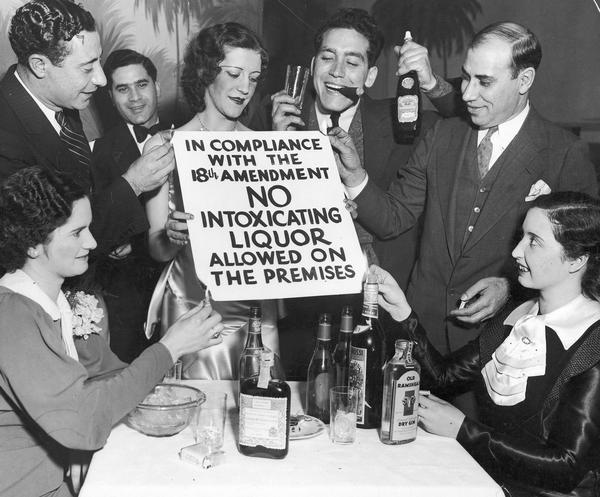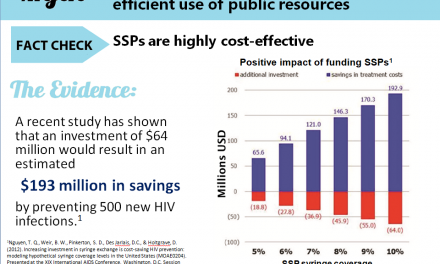It’s fair to say that even with all the problems that alcohol creates in the US, our government has never been tempted to repeat the experience of the Prohibition era. That’s not true everywhere, however. For instance, in Honduras, where a state that’s been ravaged by alcoholism is implementing a prohibition-style approach now.
“They die like flies”: Intibucá in Honduras has an alarming alcohol problem – can prohibition and tough love fix it?
So far, it doesn’t seem to working out that well for them, either.
Intibuca has a population of around a quarter million people, including a significant number from the indigenous community — source of the native arts and crafts for which the area is known.
Most of Intibuca’s alcohol problems involve a Honduran-produced beverage known as guaro. The stuff is potent (70 proof), inexpensive (generally less than $2 US dollars for a litre), and available almost everywhere. The runaway popularity of guaro has led to an epidemic of binge drinking, including the public sort that inevitably draws negative attention from the community and in the media. That resulted in pressure on the government to do something — anything — to stop it.
Right now, that appears to mean legal prohibition.
An effort that, given the extent of the alcohol problem at this point in time, is likely to prove ineffective.
Some observations from The Guardian article:
- So far the focus has been on public intoxication more than on public health, so the positive impact on the area’s extraordinarily high rate of alcohol-related deaths has been minimal. Fatalities remain common.
- Not unexpectedly, sales and consumption of guaro have actually gone up. Now, it’s from illegal sources. That’s what happened in the US as well, during the Prohibition era.
- And much of the illicit liquor qualifies as cheap rotgut — full of impurities and contaminants that contribute to the most severe kind of damage to the drinker’s body and brain.
- Once again, as in America, it’s proving difficult to enforce enforcing a law prohibiting a drug that so many people are already addicted to. Akin to slamming shut the barn doors after the horses have fled.
Thus from a public health perspective, it seems as if the current attempts at prohibition haven’t worked, and perhaps have done more harm than good.
Meanwhile, the article suggests that efforts to provide treatment for the many victims of rampant alcoholism have been relatively rare, largely volunteer efforts funded by donations rather than much in the way of government support.
That’s the way things were in the USA, too, back in the days of Prohibition.













